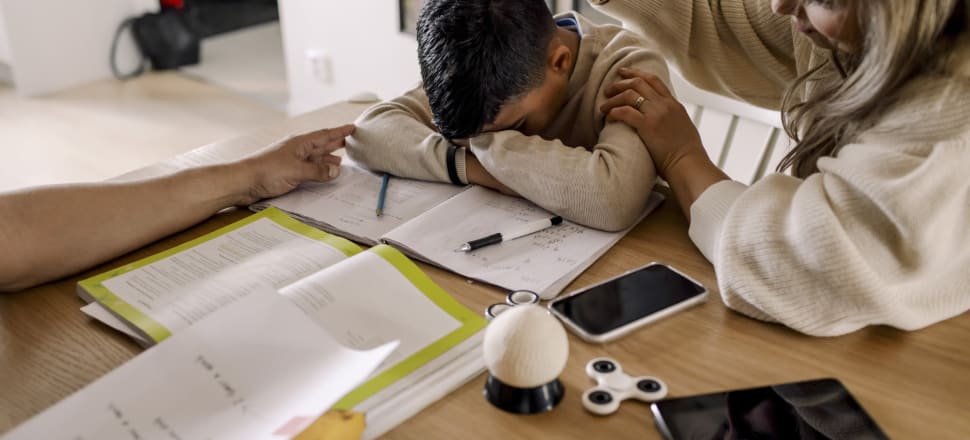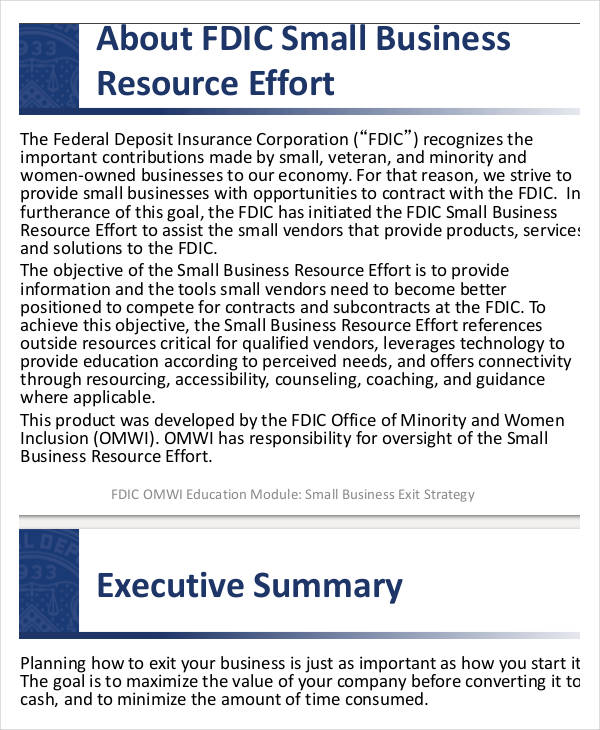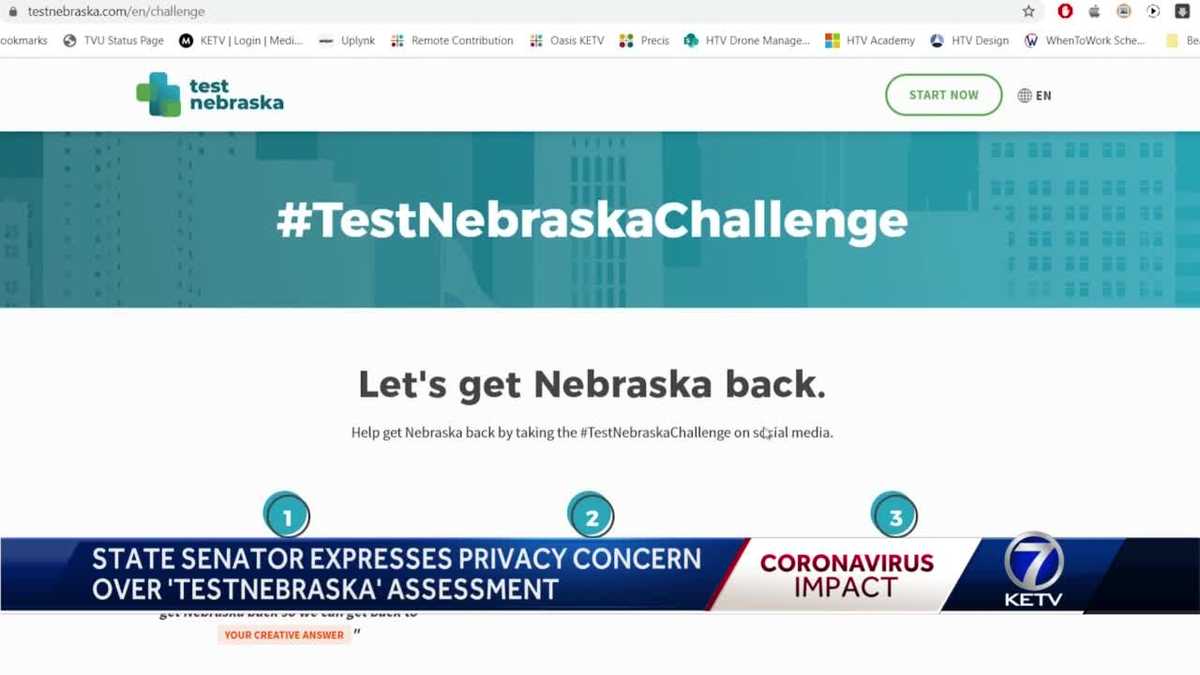TikTok, ADHD, And The Dangers Of Self-Diagnosis

Table of Contents
The Allure of ADHD Content on TikTok
The popularity of ADHD content on TikTok is undeniable. Hashtags related to ADHD boast millions of views, attracting individuals who may be experiencing similar symptoms or seeking answers. However, this accessibility comes with significant risks.
Relatable Content and Misinformation: TikTok's algorithm often serves up content based on user engagement, leading to echo chambers of relatable yet potentially misleading information. The informal nature of these videos often lacks the nuance and complexity necessary for accurate diagnosis.
- Examples of misleading content: Videos that focus solely on hyperactivity, neglecting inattentive symptoms; misrepresentation of ADHD medications and their effects; claims of "cures" or quick fixes.
- Common misconceptions about ADHD portrayed on TikTok: The belief that all individuals with ADHD are hyperactive; the assumption that all ADHD symptoms are equally present in every individual; the inaccurate depiction of ADHD as simply a lack of focus. These "ADHD TikTok trends" can severely distort understanding.
The "TikTok Diagnosis": The ease with which users can find seemingly validating information online fosters a sense of self-diagnosis. Seeing similar experiences described on TikTok can lead individuals to incorrectly conclude they have ADHD, especially without understanding the complete diagnostic criteria.
- Examples of common symptoms confused with ADHD: Procrastination (common in many individuals), difficulty focusing during monotonous tasks (a normal human experience), impulsiveness (present in various personality types).
- The lack of nuance in online content: TikTok videos often simplify complex medical conditions, failing to account for individual differences, comorbidities, and differential diagnoses. Relying on these unreliable ADHD information sources for a diagnosis is dangerous.
The Dangers of Self-Diagnosis
Self-diagnosing ADHD based on TikTok videos or online ADHD tests carries substantial risks.
Delayed Professional Help: A self-diagnosis, even if accurate, can lead to significant delays in receiving proper care. This delay can have profound consequences.
- Consequences of delayed treatment: Unnecessary suffering, exacerbation of symptoms, missed opportunities for early intervention, impact on academic or professional performance.
- Potential worsening of symptoms: Without professional guidance, individuals may attempt coping mechanisms that are ineffective or even detrimental, leading to increased anxiety and frustration.
Self-Medication and its Risks: Perhaps the most significant danger is self-medication. Individuals may attempt to treat their perceived ADHD based on online information, putting their health at considerable risk.
- Potential side effects of medication without supervision: Incorrect dosage, adverse reactions, drug interactions.
- Dangers of incorrect medication choices: Different ADHD medications have different mechanisms of action and side effect profiles. Selecting the wrong medication without professional guidance can be harmful.
The Impact on Mental Health: The emotional toll of inaccurate self-diagnosis is considerable. Uncertainty, anxiety, and depression can result from struggling with symptoms without proper understanding or treatment.
- Anxiety, depression, and feelings of inadequacy resulting from self-diagnosis: The ongoing worry about symptoms and the lack of proper management can negatively impact mental wellbeing. This self-diagnosis anxiety is a significant concern.
- Impact of misinformation: Relying on inaccurate information can perpetuate negative self-perception and impede the journey towards appropriate care.
Seeking Professional Help for ADHD
Accurate diagnosis and treatment are crucial for managing ADHD effectively.
The Importance of a Qualified Professional: A proper ADHD diagnosis requires a comprehensive evaluation by a qualified healthcare professional—a psychiatrist, psychologist, or other appropriately trained clinician.
- Steps to take to find a qualified professional: Seek referrals from your primary care physician; utilize online resources to locate specialists in your area; check credentials and certifications.
- Importance of professional ADHD diagnosis: Only a professional can differentiate ADHD from other conditions with overlapping symptoms, offering accurate diagnosis and tailored treatment plans.
The Diagnostic Process: A professional diagnosis usually involves a thorough assessment, potentially including questionnaires, interviews, and behavioral observations.
- ADHD evaluation: This might involve psychological testing to assess attention, impulsivity, and hyperactivity.
- ADHD assessment tools: Standardized assessment tools are used to evaluate symptoms and determine if they meet the diagnostic criteria for ADHD.
- ADHD diagnosis process: This process ensures accurate diagnosis, distinguishing ADHD from other conditions with similar symptoms. The process also considers medical history and family history.
Conclusion
Relying on TikTok for an ADHD diagnosis is risky and potentially harmful. The platform's informal nature and the potential for misinformation can lead to delayed professional help, self-medication, and negative mental health consequences. Understanding the dangers of TikTok, ADHD, and self-diagnosis is crucial. Instead of seeking a "TikTok diagnosis," prioritize seeking professional help. Don't rely on unreliable ADHD information. If you suspect you have ADHD, contact a qualified professional today for a proper evaluation and treatment plan. Learn more about finding an ADHD specialist and understanding the process of professional ADHD diagnosis. Take control of your mental health and seek the appropriate care.

Featured Posts
-
 Details Revealed Ccp United Front Work In Minnesota
Apr 29, 2025
Details Revealed Ccp United Front Work In Minnesota
Apr 29, 2025 -
 Videos Over 100 Immigrants Detained In Underground Nightclub Raid
Apr 29, 2025
Videos Over 100 Immigrants Detained In Underground Nightclub Raid
Apr 29, 2025 -
 Pw Cs Exit Strategy Operational Closure In Nine African Countries
Apr 29, 2025
Pw Cs Exit Strategy Operational Closure In Nine African Countries
Apr 29, 2025 -
 Louisvilles Restaurant Industry Navigating River Road Construction Challenges
Apr 29, 2025
Louisvilles Restaurant Industry Navigating River Road Construction Challenges
Apr 29, 2025 -
 Fifth Champions League Spot The Premier Leagues New Reality
Apr 29, 2025
Fifth Champions League Spot The Premier Leagues New Reality
Apr 29, 2025
Latest Posts
-
 Adidas Spring Sale 14 Slides Flying Off Shelves
Apr 30, 2025
Adidas Spring Sale 14 Slides Flying Off Shelves
Apr 30, 2025 -
 Anomalnoe Teplo Privelo K Zakrytiyu Gorok V Chelyabinske
Apr 30, 2025
Anomalnoe Teplo Privelo K Zakrytiyu Gorok V Chelyabinske
Apr 30, 2025 -
 Nebraska Senators Express Concerns Over Proposed Gretna Development
Apr 30, 2025
Nebraska Senators Express Concerns Over Proposed Gretna Development
Apr 30, 2025 -
 Iz Za Tepla V Chelyabinske Zakryty Vse Gorki
Apr 30, 2025
Iz Za Tepla V Chelyabinske Zakryty Vse Gorki
Apr 30, 2025 -
 Biker Hospitalized After Serious Accident Involving A Lorry
Apr 30, 2025
Biker Hospitalized After Serious Accident Involving A Lorry
Apr 30, 2025
